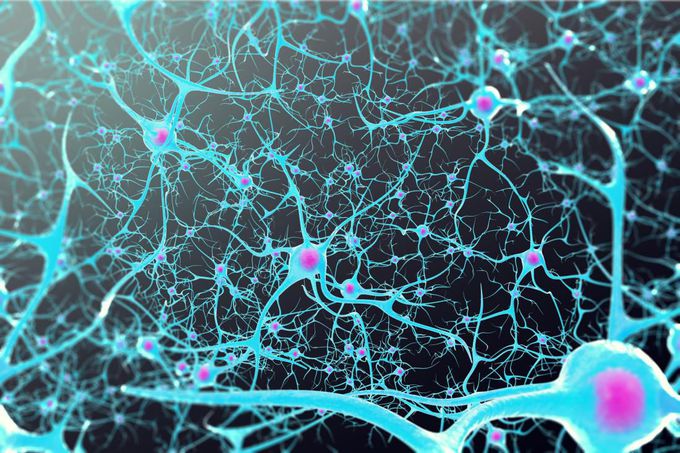
BM
Brandon Murray5 months ago

Brain activity has role in human aging and longevity
After studying human tissue, mice, and worms, scientists link excessive brain activity to reduced life span and find that its suppression can extend life.
Source: https://www.medicalnewstoday.com/articles/amp/326745Other commentsSign in to post comments. You don't have an account? Sign up now!
Related posts
Dandy Walker Malformation | Diagnosis symptoms and treatment2-Minute Neuroscience: Brain AneurysmsSeizures (Epilepsy) Nursing NCLEX: Tonic-Clonic, Generalized, Focal, SymptomsStroke: Causes, Risk Factors, Treatment, and Prevention | Mass General BrighamNeurofibromatosisBrain Blood SupplyAbsence seizuresSymptoms of absence seizures
Dandy Walker Malformation | Diagnosis symptoms and treatment2-Minute Neuroscience: Brain AneurysmsSeizures (Epilepsy) Nursing NCLEX: Tonic-Clonic, Generalized, Focal, SymptomsStroke: Causes, Risk Factors, Treatment, and Prevention | Mass General BrighamNeurofibromatosisBrain Blood SupplyAbsence seizuresSymptoms of absence seizures

